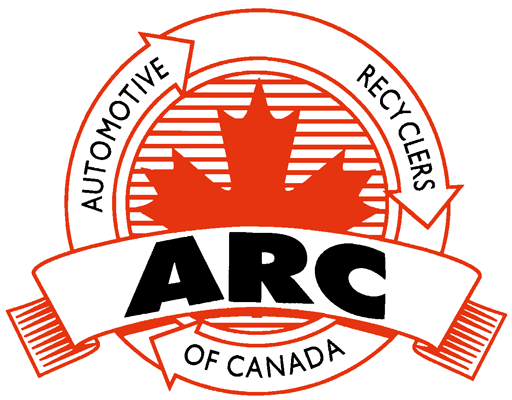Insurers, vendors and recyclers see significant benefits from working togethernnIn the automotive recycling sector, we talk a lot about the circular economy. Recyclers acquire vehicles, breaking them down into materials and parts. The materials feed production of new items including vehicles, while the parts are used to keep other vehicles on the road. Insurers traditionally see the benefit because it allows them to reduce claims costs, while collision and mechanical shops benefit from a reliable source of local OE parts, provided of course the supply chain operates as it should.
In the last few years however, we’ve seen anything but normality when it comes to supply chains. Shortages on both the new OE and aftermarket side for parts have placed added pressure on recyclers, and savvy operators have been able to realize some very healthy opportunities. That being said, there are still some significant obstacles we face as an industry.
Total loss vehicles
A good example concerns total loss vehicles. Traditionally, total loss vehicles represent early retirement cars and trucks, and it is our job to extract the parts from them and sell them back into the collision and mechanical repair sectors. What we’re seeing more of at salvage auctions—where many of these vehicles end up—are business models whose primary aim is to maximize returns for insurers. Furthermore, because many of these businesses now have global reach, this, combined with the overall shortage of vehicles and high demand for them, means that today, many Canadian auto recyclers are directly competing with overseas buyers for salvage auction vehicles. In fact, around 30% of total loss vehicles are now going overseas instead of staying here. Furthermore, the prices being paid for these vehicles are becoming so high they don’t make sense, so our recyclers can’t justify acquiring them. From a parts perspective, this causes issues because collision repairers and insurers have vehicles to fix, but often, the parts aren’t readily available.
There are solutions, however. About 10 years ago, Quebec-based Progi developed software to work with auto recyclers in Canada that offers two components: ProgiPix—an online auction solution for recyclers, and a parts procurement platform known as ProgiParts. Only association members can access these modules, and they operate on a regional basis with Gold Seal certification required to use the programs. The Gold Seal certification ensures top-tier customer service, with minimum guarantees and descriptions, as well as a process to be able to fix things, should problems arise. This provides legitimate recyclers with the ability to answer real time parts requests from collision repairers. The result is a true form of collaboration for our sector in which a vendor understands the way our businesses operate and the whole concept of the circular economy is baked in to the program and policies, instead of just trying to maximize returns for one segment of the circular economy.
More cars, more parts
This represents a true win-win because it enables more cars to get into the hands of professional recyclers at the right price at the local level, as well as making parts available so they can be sold back into the system. Additionally, Quebec is also working a pilot project with a major insurer that ensures some of these total loss vehicles cannot be designated for export and the parts from them must be held onto for up to six months, to be utilized by the insurer through ProgiParts. We’re seeing greater integration between the two platforms in which ProgiParts knows which vehicles are Pix cars and which will be set aside and prevented from being exported. This benefits the insurers, who can often sell for a bit less because they know they have parts available that can be used for repairing other vehicles. Because only one insurer is involved, it’s also much easier for all partners to understand the process.
At ARC we are closely following the situation in Quebec, looking at the details such as the type of vehicles that qualify, the type of parts, the demand profile for those parts, and how all this information is communicated. Initiatives like this come at a critical time when the supply of vehicles is still significantly below pre-pandemic levels and by using the Quebec pilot project as a case study, we are hoping to be able to leverage the success of this program and expand it to other jurisdictions, since it offers tangible benefits for our industry, for insurers and the circular economy as a whole.
Article first appeared in Autosphere Magazine February 2023.
